Hearing Aids for Millennials
Believe it or not, millennials are not kids anymore. The millennials, or generation 'y', were born between 1981 and 1996 (in 2022, the age range is 41 to 26). This generation is established in careers, some own their own homes, have children... they are adults! Although age may not cause hearing loss in this generation yet, several factors have led to the need for hearing aids for millennials. The Millennial Experience Millennials grew up in a time when technology was still new but rapidly changing. Specifically the use of hand-held or personal music players like the Walkman or the iPod. These devices are capable of loud volumes, and the use of earbuds that gets the sound closer to the eardrum has contributed to an increased rate of noise-induced hearing loss. The World Health Organization's report on hearing (2021, pp 25-26) suggests that hearing loss is on the rise, and in the younger generations, the noise from earbud use is a large contributor. Other theories around why we are seeing noise-induced hearing loss in this, and younger generations include: media volumes too highsound pollutionmedia and technology that is always on We live in a loud society! Besides general environmental noise, there is always media present to some extent, and we like our music loud. Does this mean that all millennials will have hearing loss? No. But, it does indicate that we need to prepare for the possibility and promote hearing health hygiene to the next generation better than we have done in...



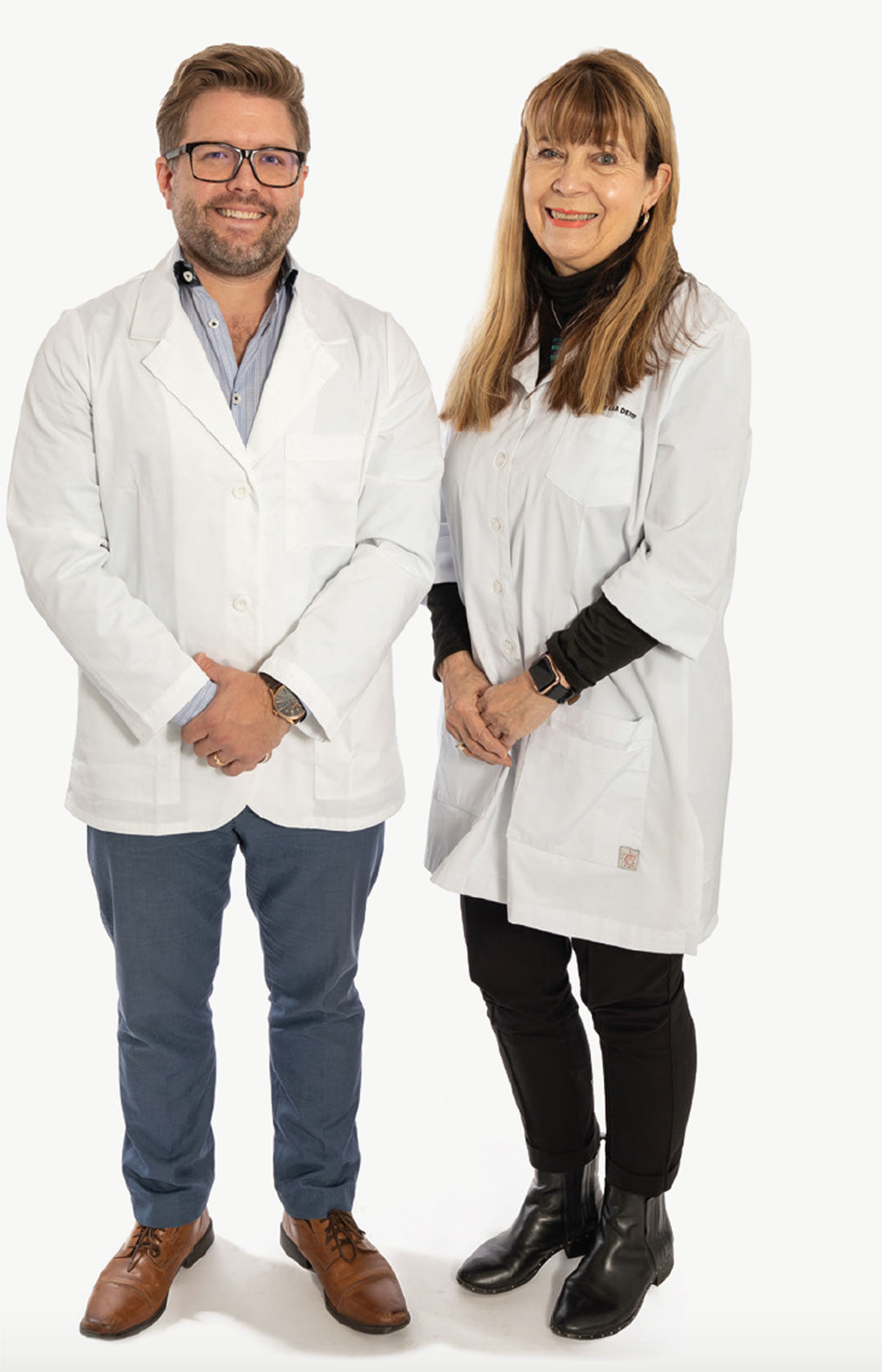
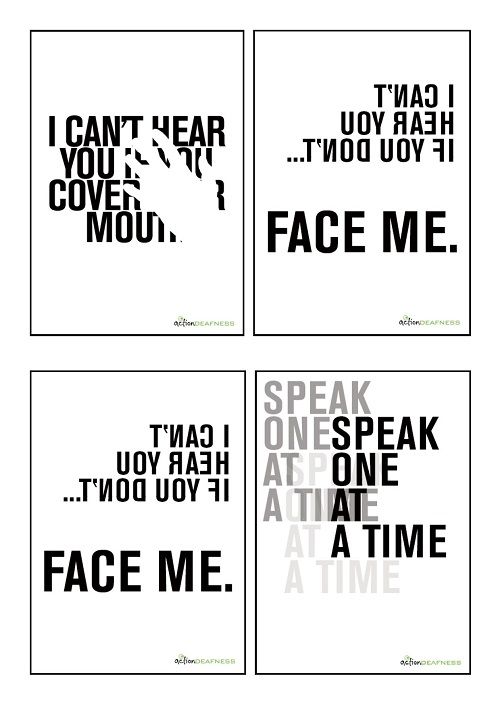

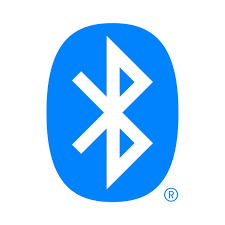
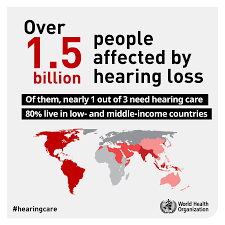

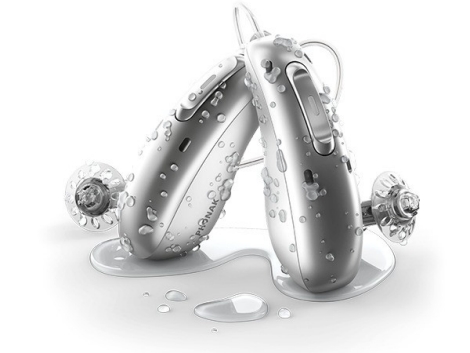
Recent Comments